Essential Skills Assessment Tools
Foundational Learning the Key to Solid to Occupational Skills
Essential Skills form the backbone of all occupational skill sets. As the foundation for learning all other skills, Essential Skills help people evolve with their jobs and adapt to workplace changes. From calculating measurements to mastering new technology, employees in the advanced wood manufacturing industry use these skills every day.
The nine Essential Skills and examples of where they are applicable are:
- Reading text (reading instruction manuals)
- Document use (reading and completing forms, interpreting charts)
- Writing (writing information on log sheets)
- Numeracy (performing calculations)
- Oral communication (interacting with supervisor to discuss workload)
- Thinking skills (problem solving, decision making, critical thinking)
- Working with others (coordinating work with co-workers)
- Computer use (writing an email)
- Continuous learning (attending training to learn more on a new technique or technology)
Improving Essential Skills, particularly those related to literacy, numeracy and communication, has long been a shared objective in our industry. In addition to its usefulness in the workplace, the Essential Skills Assessment tool has proven to be extremely beneficial for WERC, WMC’s pre-employment training program. WERC has been a component of WMC’s ongoing efforts to enhance the wood industry’s awareness of the benefits of upgrading the proficiency of essential skills.
WMC has created the Essential Skills Assessment to help business owners and employees in the wood industry to identify the basic skills needed and target areas for improvement. The tool assesses current and prospective employees on the five Essential Skills (reading text, writing, numeracy, document use and thinking skills) which are key to working in the advanced wood manufacturing sector. Based on the assessment, employers can confidently place workers in the appropriate jobs and tailor required training and career paths to meet individual needs. The program is highly relevant because all materials are specific to the wood industry. Students work with real industry examples which are reflective of situations they would encounter on the job.
Assessment of Essential Skills Offers Multiple Benefits
There are numerous benefits of assessing Essential Skills and addressing any shortfalls. They include greater employee productivity, more versatile workers, better retention rates, enhanced morale and improved teamwork. In addition, companies will experience higher quality products, increased revenues, reduced errors and overtime and a safer workplace.

